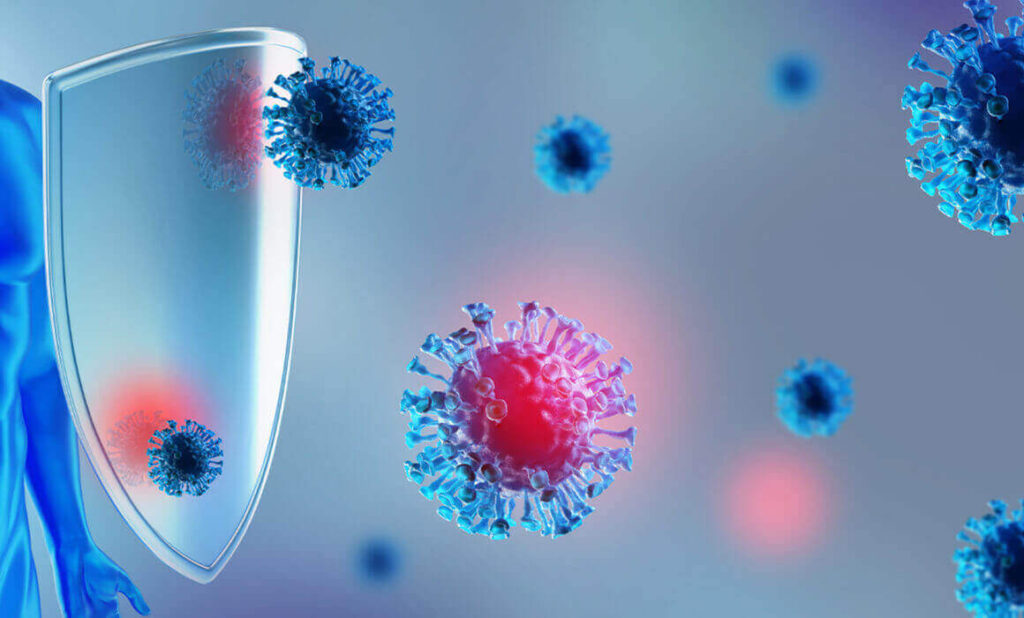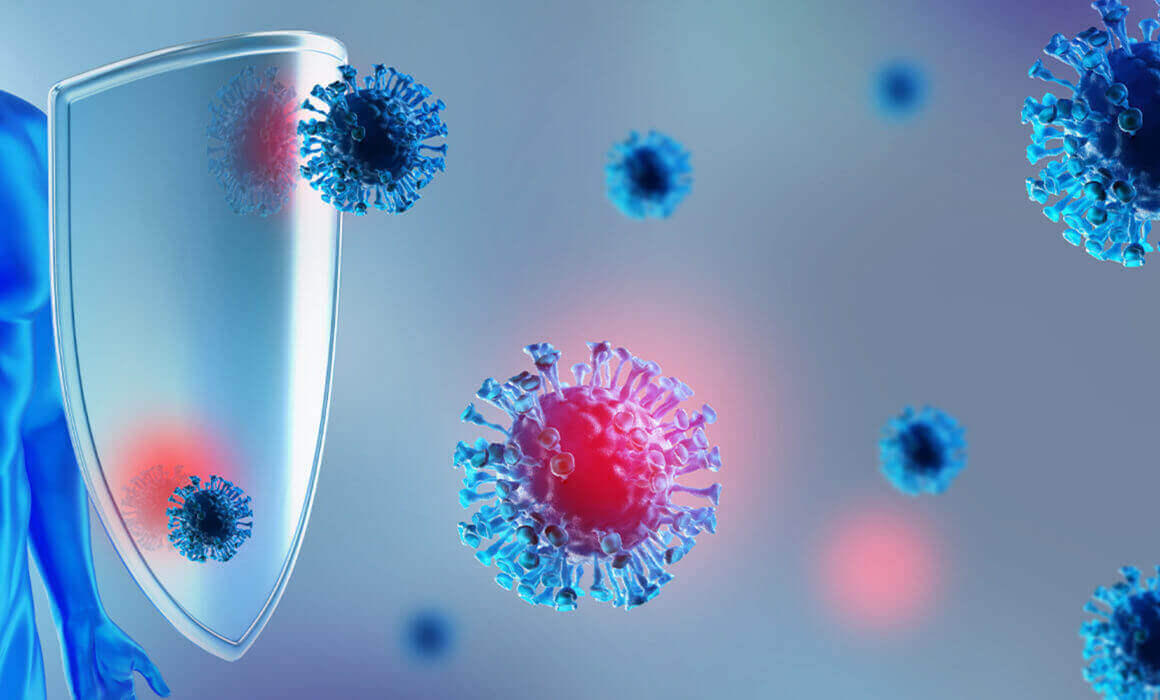
Since the start of the pandemic, scientists have warned that cancer patients could be at increased risk of serious illness from COVID-19 due to a weakened immune system. But that commonly held belief, reinforced by an early study from China as well as the National Cancer Institute, might be wrong — for certain patients.
Article published at ats.org on September 16, 2020.
In fact, cancer patients, with the exception of those with blood cancers, may not become infected any more than the population at large, and might have the same if not better odds of beating back the most severe symptoms of COVID-19.
Those were the findings of a first-of-its-kind study by scientists at the Technion and Rambam Health Care Campus, who analyzed blood samples from 164 cancer patients undergoing active anti-cancer treatment and 107 healthy Rambam hospital workers to examine changes in the profile of the immune system. They found almost no difference in the rate of developing COVID-19 antibodies. In fact, the rate for the cancer patients was even a bit higher at 2.4% as compared to 1.94% for the healthcare workers. None of the subjects showed symptoms for the coronavirus.

“Our hypothesis is that the different response of cancer patients to the disease is related to the fact that the anti-cancer treatment changes the profile of the immune system,” said Technion Professor Yuval Shaked, head of the Technion Integrated Cancer Center in the Rappaport Faculty of Medicine, who worked alongside Professor Irit Ben-Aharon, director of oncology at Rambam. Specifically, myeloid cells, which are vital to the immune system, are more severely damaged by the coronavirus in the general population than in cancer patients.
The team theorized that cancer treatments may limit the ability of the coronavirus to induce severe inflammation, protecting them from COVID’s life-threatening “cytokine storms,” in which the body’s immune system attacks its own cells rather than fighting off the virus.
The Technion-Rambam team cautioned that their study was small and called for further research. Nonetheless, they hope their work allows cancer patients to breathe easier, as many have delayed treatments to avoid hospitals.
